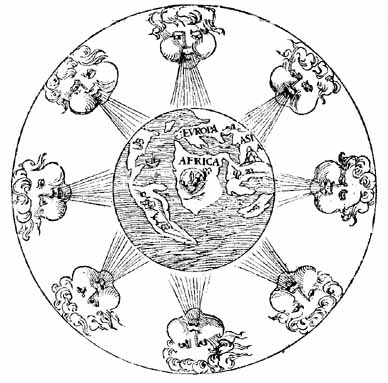CFP: "Development and Empire, 1929-1962" - York (UK), 1-2 July 2011 - Deadline: Jan. 28, 2011
Call for Papers
Development and Empire, 1929-1962
University of York (UK)
1- 2 July 2011
The global foreign aid budget, which has risen significantly in the first decade of the twenty-first century, is controversial. Although aid has the potential to facilitate capital formation and knowledge transfer, the development economics literature divides into optimists and pessimists, who argue that aid is allocated ineffectively with pernicious effects on long term growth. Despite a voluminous literature on aid, dating back over half a century, historians have only made fleeting contributions to these debates. Historians of the British Empire, however, have access to excellent data that can provide useful insights.
British aid policy dates back to the 1929 Colonial Development Act (CDA), which set up a Colonial Development Fund (CDF) for development projects. Before then, infrastructure projects were financed using international loan finance supplemented by colonial public expenditure. In 1940, the CDA was succeeded by the Colonial Development and Welfare Act (CDWA), which included the development of social services and increased the sum in the CDF from £1 million to £5 million. Official accounts and specialists academic studies have confirmed that British policy was affected by geo-strategic and domestic macro-economic concerns and that its
implementation was constrained by the contingencies imposed by post-war austerity. With some notable exceptions there have been far fewer studies of how aid was actually used within colonies.
This conference will extend the literatures on colonialism and development by: tracing the origins of British aid policy; exploring metropolitan and colonial political economies of aid policy during the epoch of decolonisation; considering the impact of aid in British dependent territories; and evaluating how aid policy affected the meanings given to 'development' (including the planning and creation of medical and public health projects).
We are seeking proposals for a 20-minute paper on British colonies in South Asia, South East Asia, Sub-Saharan Africa or the Caribbean that will consider one or more of the following questions:
· How did local bureaucrats, business and other social elites respond to
the opportunities provided by an augmented aid budget?
· Did colonial elites collaborate or compete? How were colonial agendas
set?
· How did financial-cum-institutional constraints as administrated by the
British Treasury affect public capital formation in London and overseas?
· How did scarcities affecting international, British and colonial product
markets, and discriminatory imperial commercial policies, affect the
allocation and expenditure of aid?
· How was aid administered on the ground: by whom; for whom; and with what
effects?
We may offer a limited number of Postgraduate Bursaries to assist
postgraduate presenters with registration and travel costs. Those seeking a bursary should state so on their submission paperwork.
Submission:
Proposals must include the following:
- Title
- Summary of proposal of maximum 250 words
- 1 page c.v. including author's name, address, email , institutional
affiliation
All proposals must be sent to Dr. Henrice Altink (ha501@york.ac.uk) or Dr. David Clayton (dwc1@york.ac.uk) no later than Friday 28 January 2011. Notifications will be sent by 11 February 2011.

